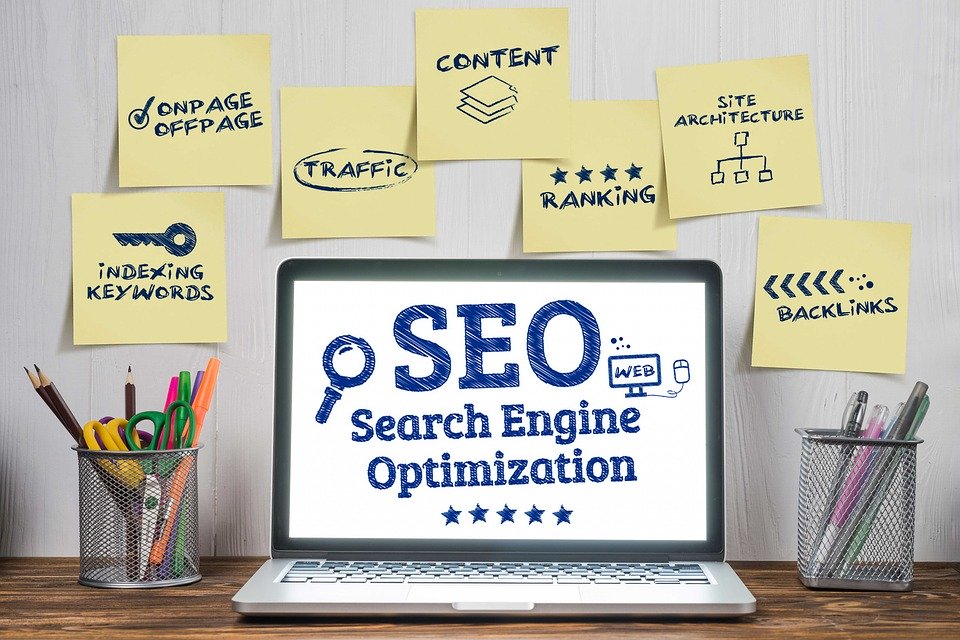
Search engine optimization (SEO) determines how easy or hard it is for search engines to find and index a website. On-page or on-site SEO refers to what you do to your website pages to help search engines to find them. As well as helping search engines to interpret the page content, on-page SEO can also help users to clearly understand what a page is about.
Essential on-page SEO practices
On-page SEO includes optimizing elements that users can see on web pages, like text, images and videos. It also involves optimizing elements that are only visible to search engines, like structured data.
Search engines also look for expertise, authority and trustworthiness. There is a clear relationship between what they regard as high-quality content and what appears in the search results. SEO for Growth offers a free SEO report and a recent post on the website gives an insight into the best SEO training courses.
Title and description: Use your main keyword in both and make them concise as Google (News - Alert) shows up to 60 characters of titles and up to 150 words for the description. The title and description should describe clearly what the content is about. Duplicated, missing or poorly written title tags can negatively impact SEO results.
Images: Use descriptive alt text for all images so search engines know what they are. Keep the text short, to the point and try to include one keyword.
Headings: Use only one H1 heading on a page and include a primary keyword. A number of subheadings on a page help make content more readable and you can include keywords in some of them.
Internal links: Include several internal links on a page to lead visitors to other pages on your website. For example, readers can click on a link in your blog post to go to other related content.
Audit content regularly: Audit your content regularly to identify whether the information is still accurate or needs updating. Find out what types of content are working for you and helping your ROI.
Page Load speed and responsiveness
The foundation of technical SEO is accessibility to the website. Search engines need to crawl web pages and index them if they want to display the most relevant results to users.
Certain technical aspects, such as page load speed and responsiveness, impact search engine rankings. Regularly test your website with a tool like Google PageSpeed Insights to find out what you need to do to improve speed.
Various plugins, such as plugins for caching and plugins for compressing images, can help to improve page load speed. Implementing responsive design means that your website is viewable on mobile devices as well as desktops.
When should you do on-page SEO?
Some things, like page structure, will require a one-time setup when building a website, whereas others need to be done every once in a while. Certain elements need ongoing attention. They need to be taken into account every time a new piece of content is published.
Why does on-page SEO matter?
Search engines use complex algorithms and have become much better at understanding what users are searching for and delivering search results that answer their queries best. Ignoring on-page SEO is a mistake because you have more ability to control it than off-page SEO which consists of external signals.
Optimizing on-page elements helps the search engines to understand your website content and determine whether it is relevant to address a particular query. It can help your website to get higher rankings, reach a wider audience and get more organic traffic.
